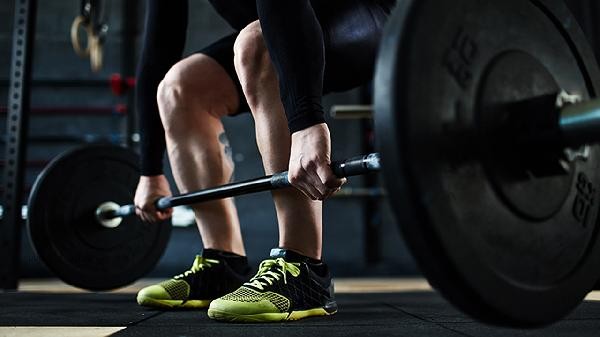The choice of eating a fitness meal before or after exercising depends on the exercise goals and physical needs. supplementing after muscle building training is more efficient, and eating a small amount before weight loss training is more reasonable. Consuming moderate amounts of carbohydrates and easily digestible proteins 1-2 hours before exercise can help provide energy, avoid high-fat and high fiber foods, and prevent gastrointestinal discomfort. Recommend pairing bananas with sugar free yogurt or whole wheat bread with chicken breast, as these combinations can stabilize blood sugar levels without causing stomach burden during exercise. Before aerobic exercise, a small amount of fast carbon such as white bread can be supplemented to improve endurance performance, but the total amount should be controlled to avoid excessive blood sugar fluctuations that affect the exercise state. Supplementing protein and carbohydrates within 30 minutes after strength training can maximize muscle synthesis, at which point the body's nutrient absorption efficiency is highest. It is recommended to choose whey protein powder combined with fast absorbing carbohydrates such as rice, or to eat a combination of eggs and purple sweet potatoes. After high-intensity interval training, it is necessary to supplement electrolytes and carbohydrates at the same time. You can drink sports drinks containing sodium and potassium and pair them with slow carbohydrates such as oats to maintain blood sugar stability.

Regardless of whether you eat before or after exercising, you should pay attention to matching your total calorie intake with your personal goals. During the muscle building phase, you can increase the carbohydrate ratio appropriately, while during the weight loss phase, you should control your total intake. Supplementing protein after exercise should be accompanied by moderate amounts of vegetables and fruits with high vitamin content to help with recovery, such as broccoli or kiwifruit. For long-term fitness enthusiasts, it is recommended to dynamically adjust their diet time and content according to the training intensity, and if necessary, consult a professional nutritionist to develop personalized plans. Maintaining regular meal times and balanced nutrient intake is more important than simply focusing on eating before and after exercising.









Comments (0)
Leave a Comment
No comments yet
Be the first to share your thoughts!